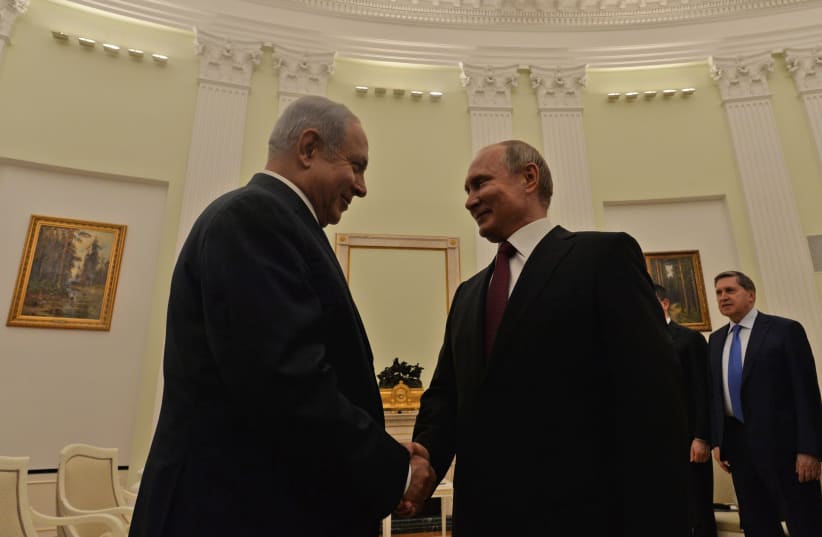Downing of Russian plane redefines Israel’s Syria dilemma
On September 17, Syrian air defenses accidentally shot down a Russian surveillance aircraft while retaliating against Israeli airplanes attacking Iranian assets, killing 15 Russian airmen on board.
